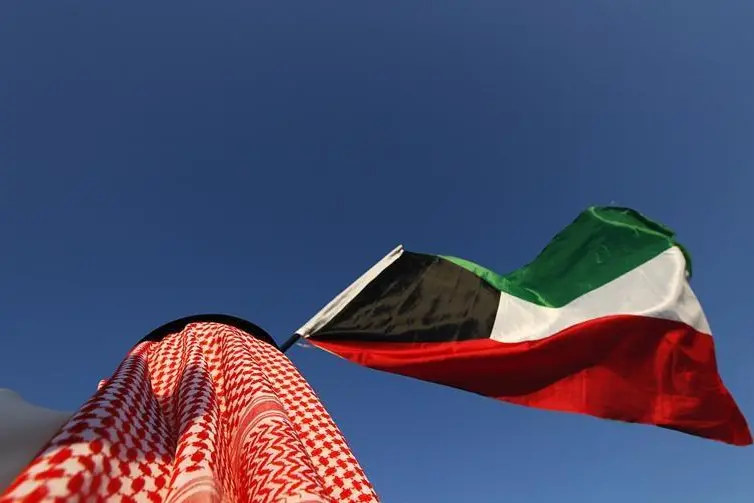PHOTO
KUWAIT CITY, June 21
While Ministry of Interior is determined to continue with its decision not to grant new residence permits to parents and siblings of expatriates in Kuwait, the General Department for Residency Affairs has issued executive bylaws concerning the medical insurances for expatriates, estimated to be about 12,000 individuals, who are residing in Kuwait as dependents of their children under Article 22 visa.
These executive bylaws came into effect on Tuesday, June 20 after the ministry eased up on the implementation of its earlier decision on humanitarian grounds.
According to the new regulations, the residency of a parent (father or mother) will be renewed only after they submit receipt of health insurance from a private insurance company, and pay KD 50 to Ministry of Health as insurance as well as KD 200 as yearly residency fee for one person.
If the parent is above 75 years of age, the value of private medical insurance is KD 600.
If he/she is less than 65 years of age, the private medical insurance cost is KD 300.
Summing the above, expatriates will have to pay up to KD 1,700 annually in order to have their parents (mother and father) reside in the country.
This includes the private medical insurance cost of either KD 600 or KD 300 each, medical insurance cost of KD 50 each to be paid to Ministry of Health and the residency fee of KD 200 each.
The bylaws further stipulate that expatriates cannot stay in Kuwait under family visa sponsored by their siblings if they are 24 years of age and above. They can transfer the residency to work visa if they want to avoid cancellation of their residency.
Relatives of Kuwaitis such as Kuwaiti mothers, aunts or others are exempted from the new health insurance regulations.
The previous conditions, prior to the issuance of the executive bylaws, will be applicable to them. This means they will pay KD 50 as health insurance cost to Ministry of Health and KD 200 as residency fee.
Also excluded from the new health insurance regulations are the parents and siblings, who are regarded as people with special needs, of expatriates. They are exempted from the requirement of obtaining health insurance from private companies.
These regulations were issued after MPs have been pushing for increasing fees of the medical services provided by the state to expatriates.
Many of them claim that some expatriates bring their family members to Kuwait especially their parents in order to have access to the subsidized state-offered medical services.
However, this has increased the pressure on the services and the costs incurred by the state in this regard.
This is also linked to the call for dealing with the demographic imbalance witnessed in the country, as 70 percent of the population in Kuwait constitute of expatriates while the remaining 30 percent are Kuwaitis.
According to MP Abdulkareem Al-Kandari, Kuwaitis should not be a minority in their own country due to which the issue related to population structure must be addressed urgently.
He said, “We are not against expatriates. We consider them as our dear brothers. We needed their assistance in building our nation.
However, we need a clear system to organize the population. All we want is measures to organize the rate of expatriates, as their numbers are increasing amid an obvious chaos and lack of control.”
© Arab Times 2017





















